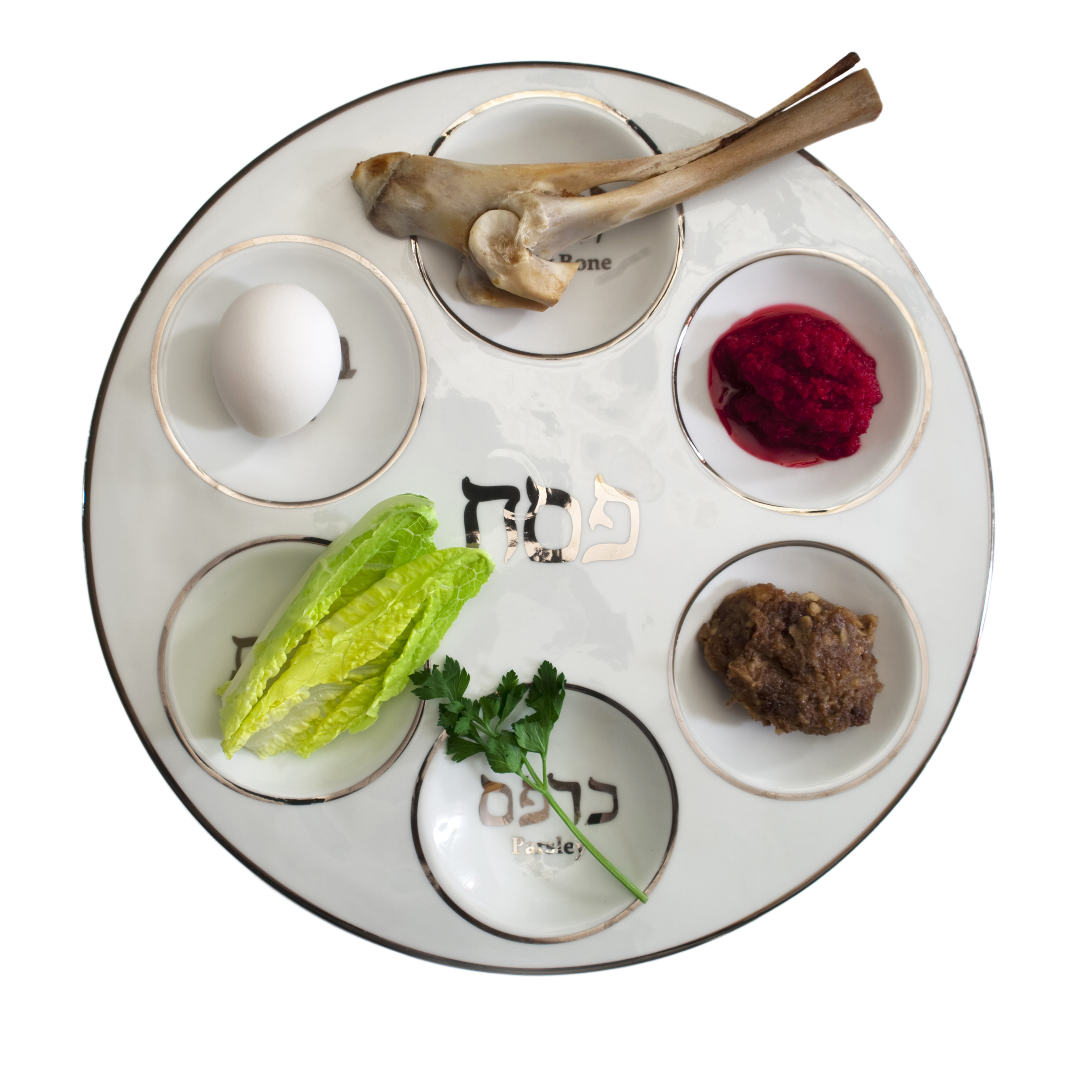Join us for a humanistic virtual Passover Seder!
Wednesday, April 24, 7 PM EST
Please register in order to obtain the Zoom link

You will need the following items for the seder:
Matzah: 3 pieces are used, but at least 1.
For the Seder plate:
Carpas: parsley, celery, boiled potato.
Small dish of salt water or vinegar
Charoset: mixture of apples, nuts and a little wine or grape juice.
If these ingredients aren't available, grind up a matzah or get some matzah meal. Make a paste adding some wine and sugar, or grape juice.
Baytsa: A hard-boiled egg.
Marror: Horseradish or some type of lettuce, romaine, escarole, or whatever you have.
Zeroa: Lamb shank bone: if not available, use a roasted beet (roast beet in oven with egg) or a chicken bone.
Wine or grape juice.
Please feel free to download a Passover Haggadah prepared by our Rabbi, Frank Tamburello and a list of plagues.
Humanist Passover Seder Supplement
(To be read immediately after the Maggid (Story) section of the Haggada)
By Rabbi Jefferey Falick, The Congregation for Humanistic Judaism of Metro Detroit, Farmington Hills, MI
We now know that the story that we just have retold is the product of Israelite imagination. It does not describe actual events.
There are aspects that are somewhat disturbing. Some parts of the narrative even suggest that Pharaoh is not completely responsible for his own behavior. Just as it seems that he might relent, the Israelites’ God actually “hardens his heart!”
In any case, both Pharaoh and the God of the Israelites are responsible for such torment. To our modern sensibilities, neither of them comes out looking very good.
Yet if we strip away these and other problematic elements, we are left with a theme that continues to inspire: the thirst for freedom.
How many peoples of the earth have suffers under the taskmaster's lash? How many continue to live in misery?
The slavery and redemption described in our legend may not depict actual events, but they do portray real human shortcomings. They remind us that at their worst, people exploit each other with little regard for their shared humanity.
Our legend also portrays real human heroism. It reminds us that, like Moses or the midwives Shifra and Pu’ah, when people are at their best they are capable of performing great deeds of valor inspired by empathy and kindness.
The history of the Jews has frequently revealed the worst in its people. As a tiny nation, Jews were vulnerable to countless cruelties. When it was possible, they fled in search of safer homes. But it was not always possible.
Their history of suffering came to an awful climax in the twentieth century when they fell victim to a horrifying genocide. Yet, today, for the first time in millennia, Jewish communities are flourishing throughout the world.
Does this not call for a special responsibility?
Sadly, we do not find that adversity leads inevitably to an elevated ethic of compassion. Sometimes pain creates so much bitterness that those who were once oppressed now become oppressors.We must make every effort to overcome this tendency.
Perhaps our Seder can help us do just that.
Let us strive to translate its core idea into reality. Let our celebration of freedom encourage us to double and redouble our efforts to ease the lot of those who have yet to taste true freedom.
Unfortunately, there is no difficulty finding such people. They may be found in every nation of the world, including our own. They are children who go hungry each day. They are women enslaved to human traffickers. They are men who who labor ceaselessly for inhumane wages. They are countless. They are legion.
Our path to Tikkun Olam—repair of the world—begins when we each recognize the power of our individual contributions.
No one person can change the world. To do so we must stand together. Once we begin to do our share, we will understand how what each of us does can ripple forward until it joins with the efforts of others to form great waves of change. It requires no supernatural miracles. It requires only that we respond to the best of our humanity.
Please call Dmitry Turovsky at (914)713-8828 or email info@wchj.org for more information
For more information on what humanistic Passover celebration is about, please visit https://shj.org/living-humanistic-judaism/celebrate-holidays/passover/.